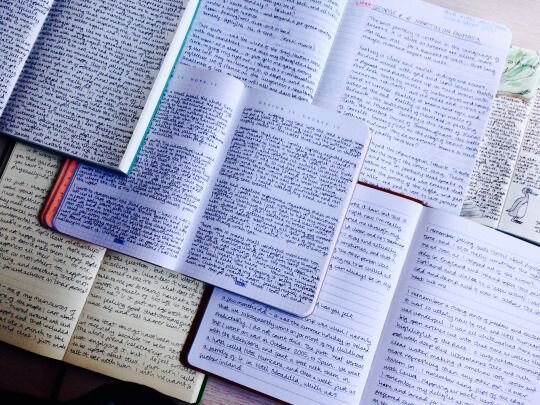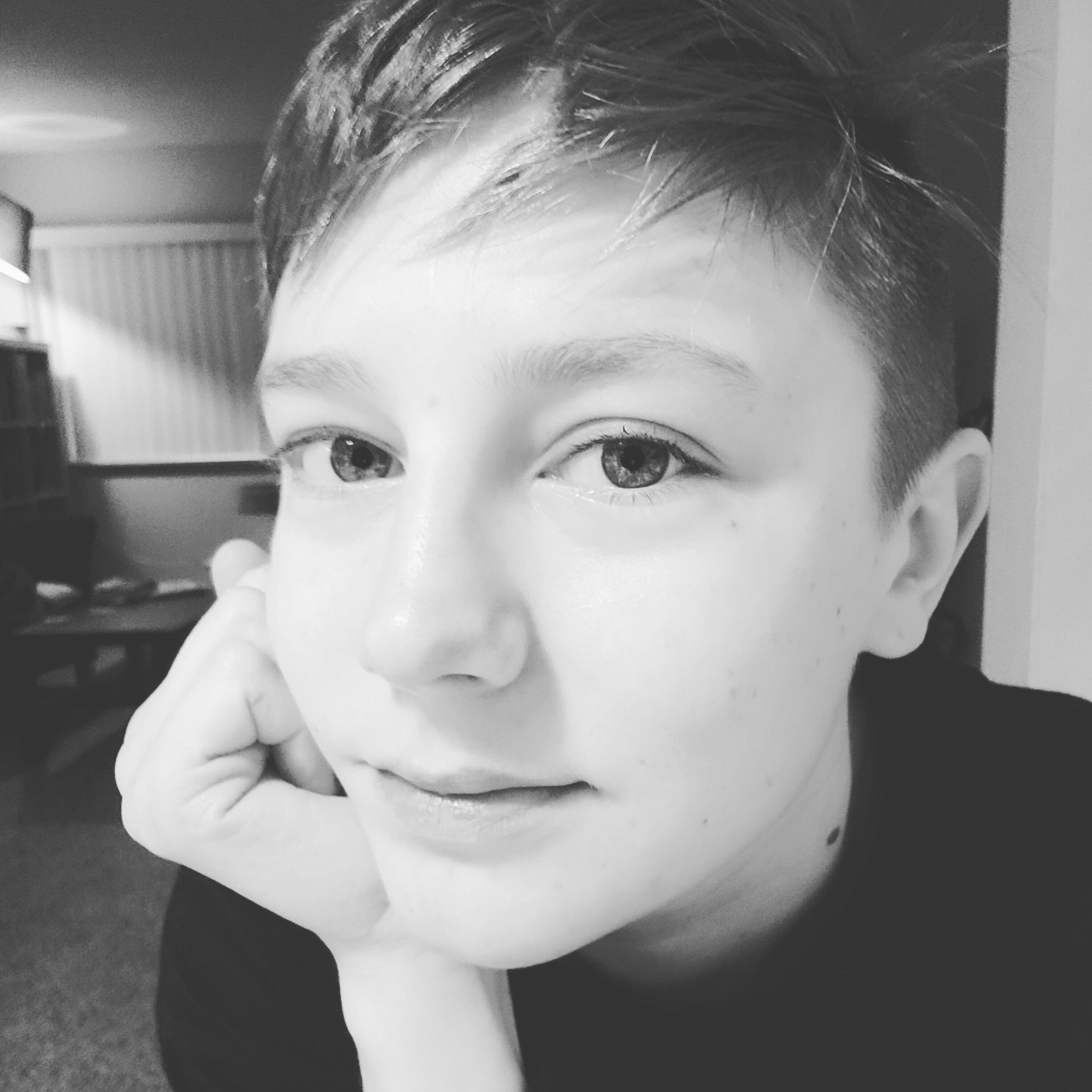Working Through Revisions: 4 Ways to Revise Your First Draft
There are so many ways to approach a piece of writing after the first draft. The needs of each story or poem will be different. But revision does not have to be daunting. Revision can be a playful process. Having already gone through the hail-storm of getting out the first draft, you can finally take it apart, discover direction and meaning.
Some writers will tell us not a single similarity from a first draft should carry over to the second. Others, save only a few of the best lines and use them as starting points in draft two. There is no surefire way; it's about trying one thing at a time, and seeing where the process takes us.
Once, a poet in my revision workshop revised her poem by making each line from the first draft the same number of syllables per line. It brought so much clarity to her new draft. The new, subtly altered form on the page generated even more layers of meaning and emotion. No one told her to do this—it was simply a way she could change the poem physically, in order to see the poem anew.
While reflecting on revision, I find any method which helps me see the writing with new eyes as a great place to start. We only need to shake up our impressions of our writing, so we can see it like someone else would—reading our story for the first time. Writing workshops are a huge, lovely part of life if you can access them. But in the meantime, here are four ways to help you be your own writing workshop and jumpstart your revision process.
Read your piece out loud
Leave your writing space, and read in the kitchen. Better yet, have your friend read it, out loud, in the kitchen. This allows us to hear our work in a different voice, one that has not memorized what we personally want our work to sound or feel like. Stepping outside our traditional writing environment (the cafe, the bedroom) can also widen the gap of distance between us and our work.
Rewrite from memory
Pick one section from your draft and silently read it to yourself, memorizing as much as possible, for about one minute. Then, and without peeking, try to write that section over again for five minutes. What changes did you make and why? What remained or lingered in your memory the most as you began to write this new version?
Use the cut-up method
If you have scissors and a floor, you can use this method, but don’t make the mistake of letting your cat join you. Cut it up by paragraphs. Rearrange the pieces on the floor by mixing them up like cards in a “go-fish” pile and read the new work out loud. Were you able to get rid of entire sections? Is the ending actually better as the beginning? Are there new meanings, tensions, ideas coming to mind as you read the piece in this way? Take notes!
Drawer Time
Last but not least, if you still find yourself unsure of what to do next with your work when you’ve tried everything, follow in the footsteps of our nonfiction queen, Maggie Nelson, and give it some high-quality drawer time. While it seems counterintuitive to our notions of productivity, (we must always be writing and finishing work, constantly submitting) nothing has helped me revise more than time and space. Put the draft away and forget about it for a month. Hell, forget it about it for two years. Writing is a lifelong creative process. Write other things. Return to the drawer, or the folder on your desktop, and revise something else in the meantime.
About Lily Blackburn
Lily is a full time barista and writer living in Portland, Oregon. She studied English and creative writing at Portland State University and is the essay editor at Typehouse Literary Magazine. Her work has been featured in Little Fictions | Big Truths, Night Music Journal, and elsewhere. Find out more on her website lilyblackburn.com or follow her on Instagram @lily_ana_ees.

